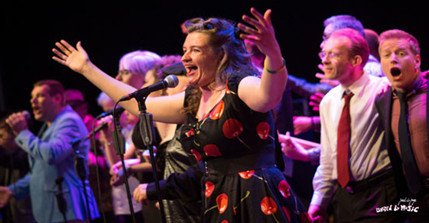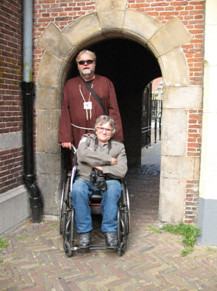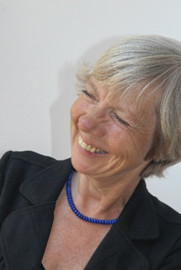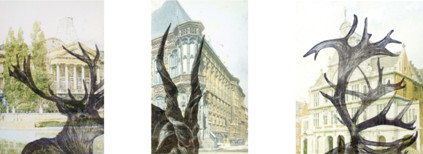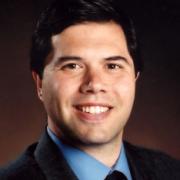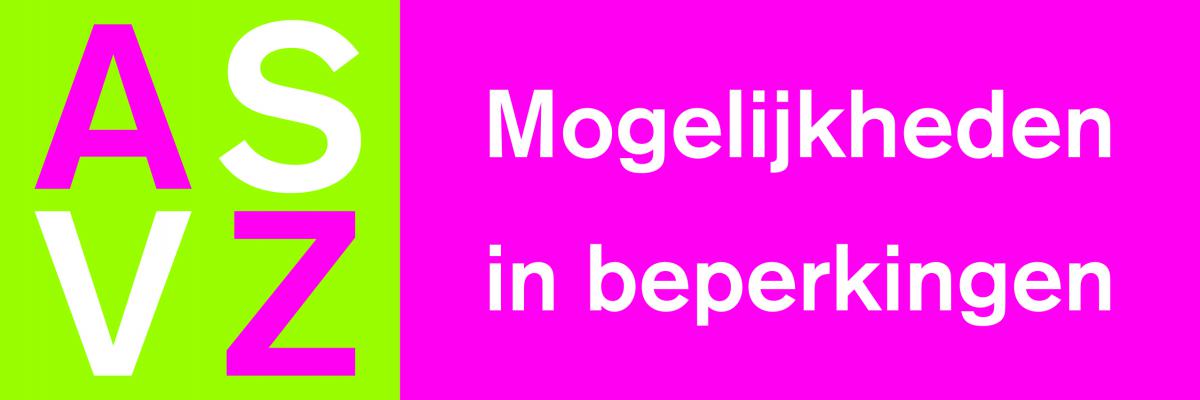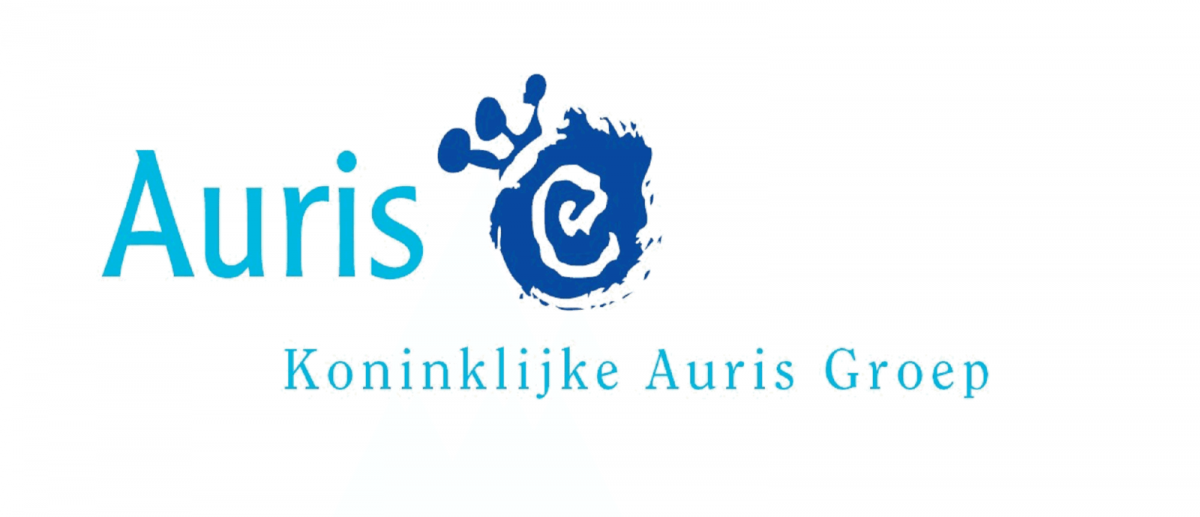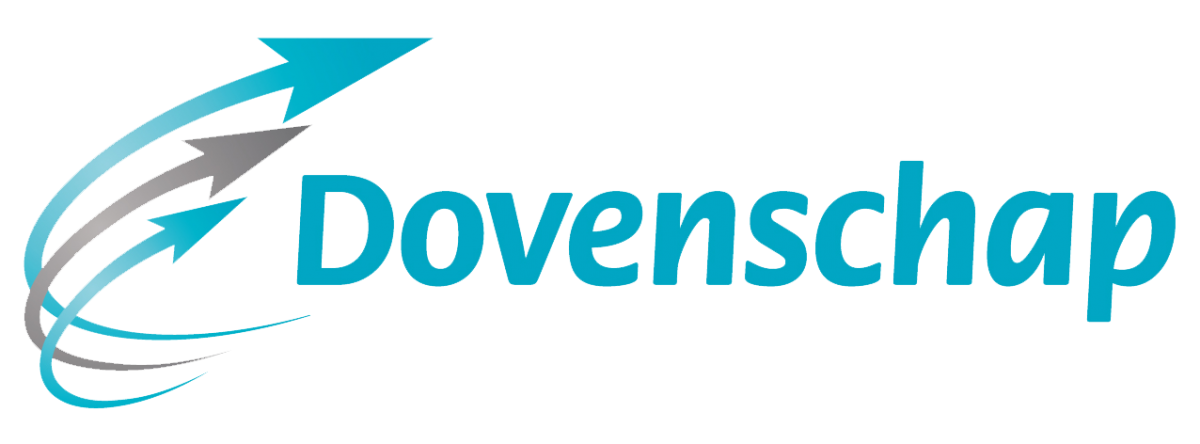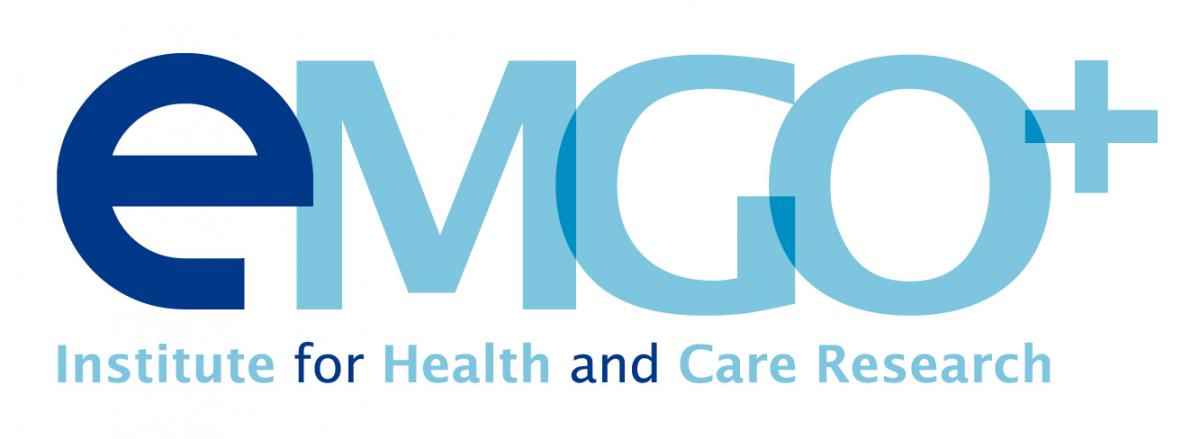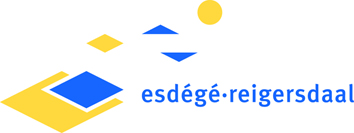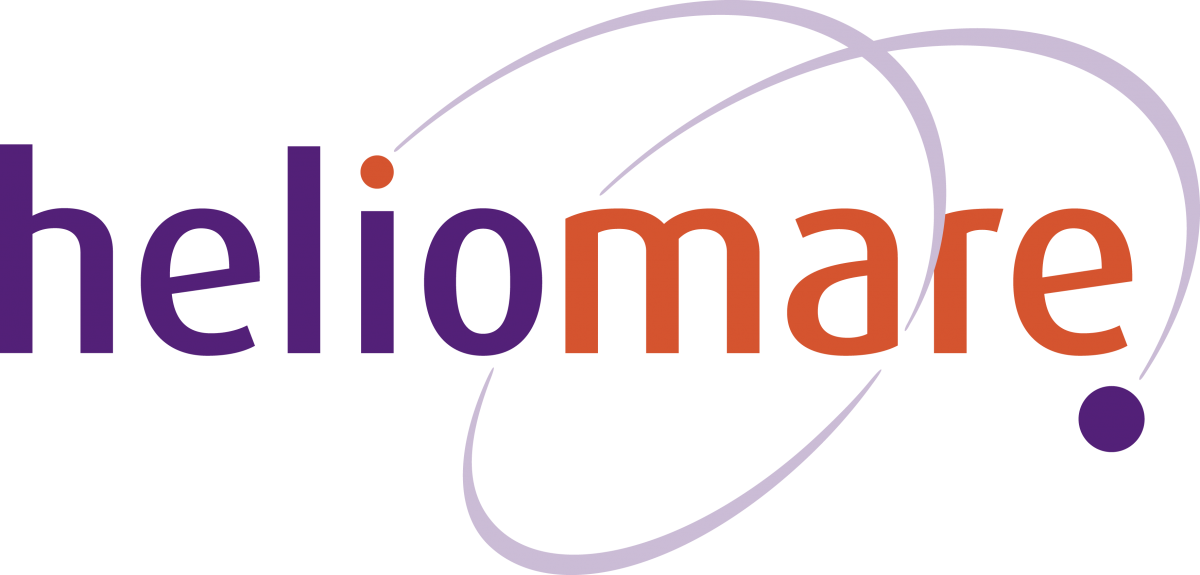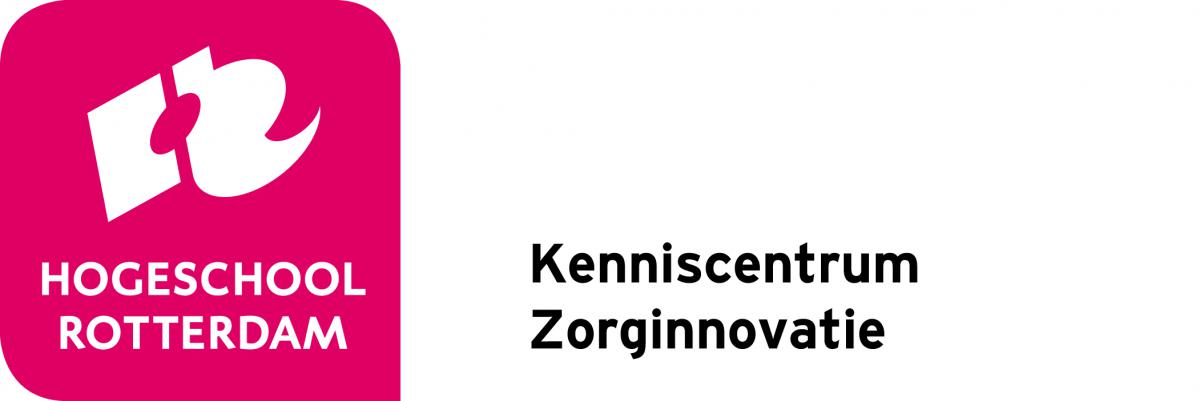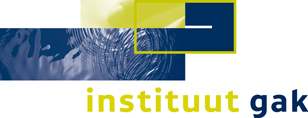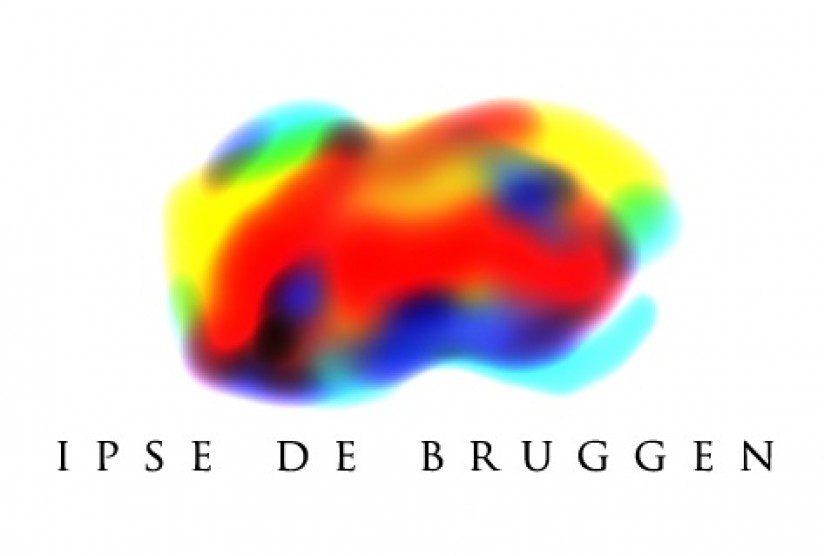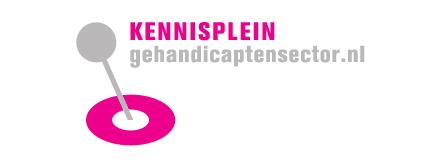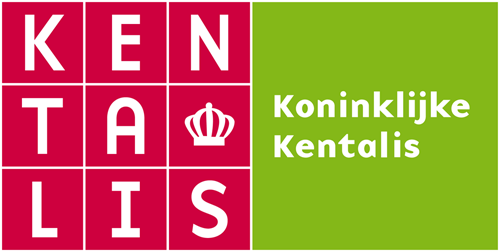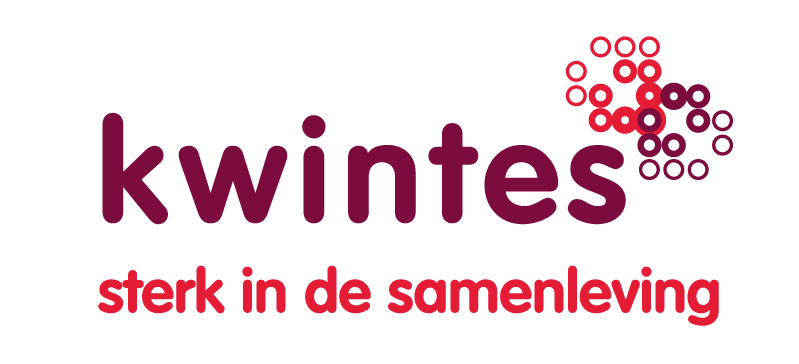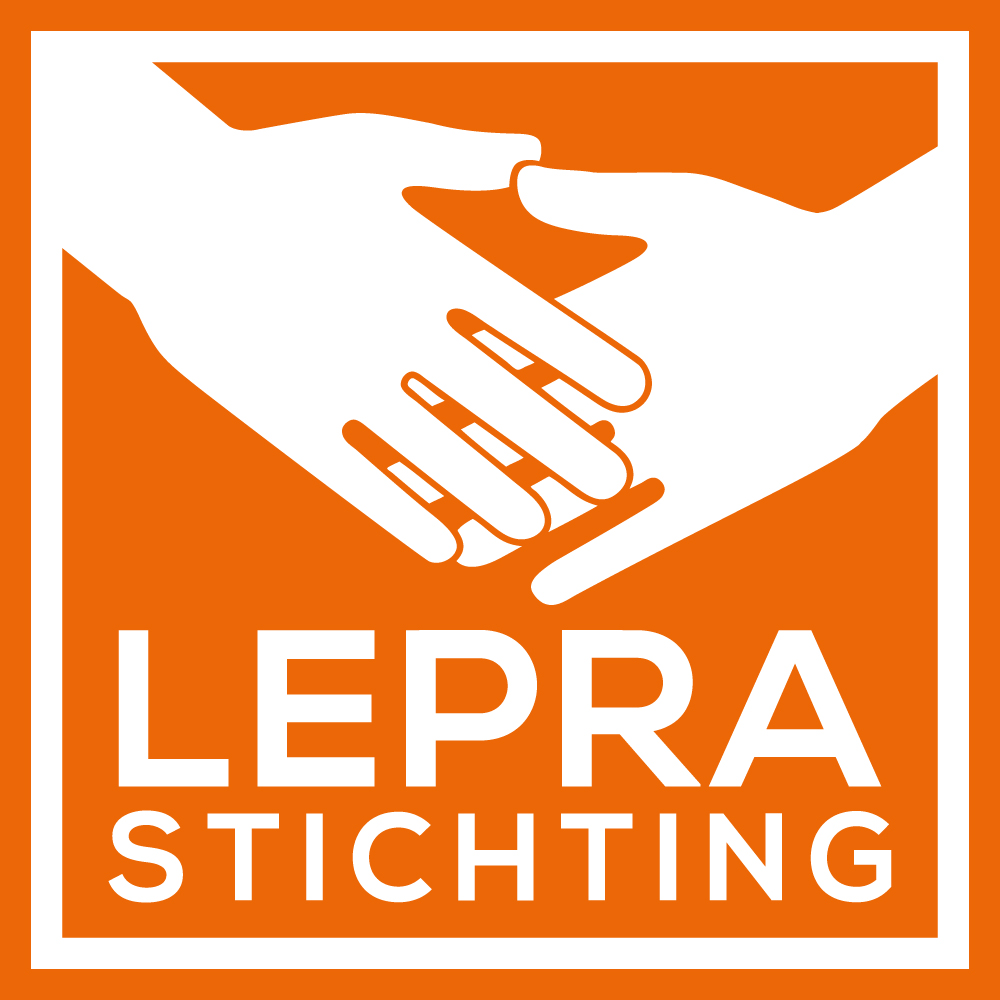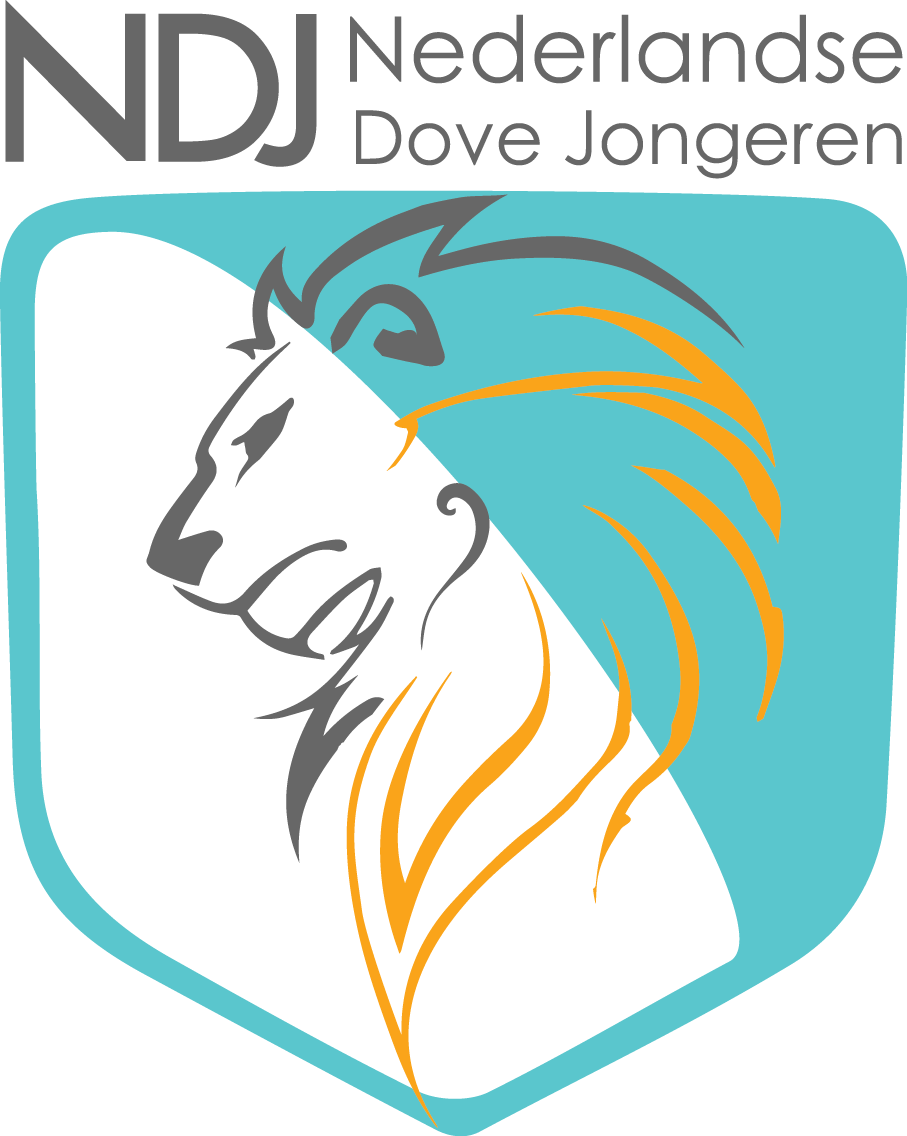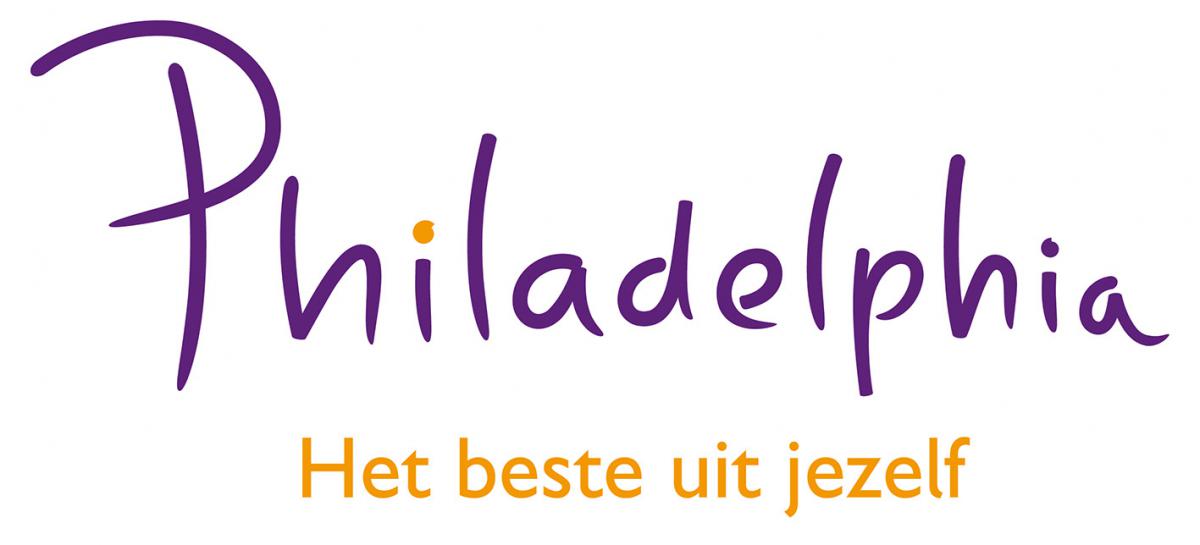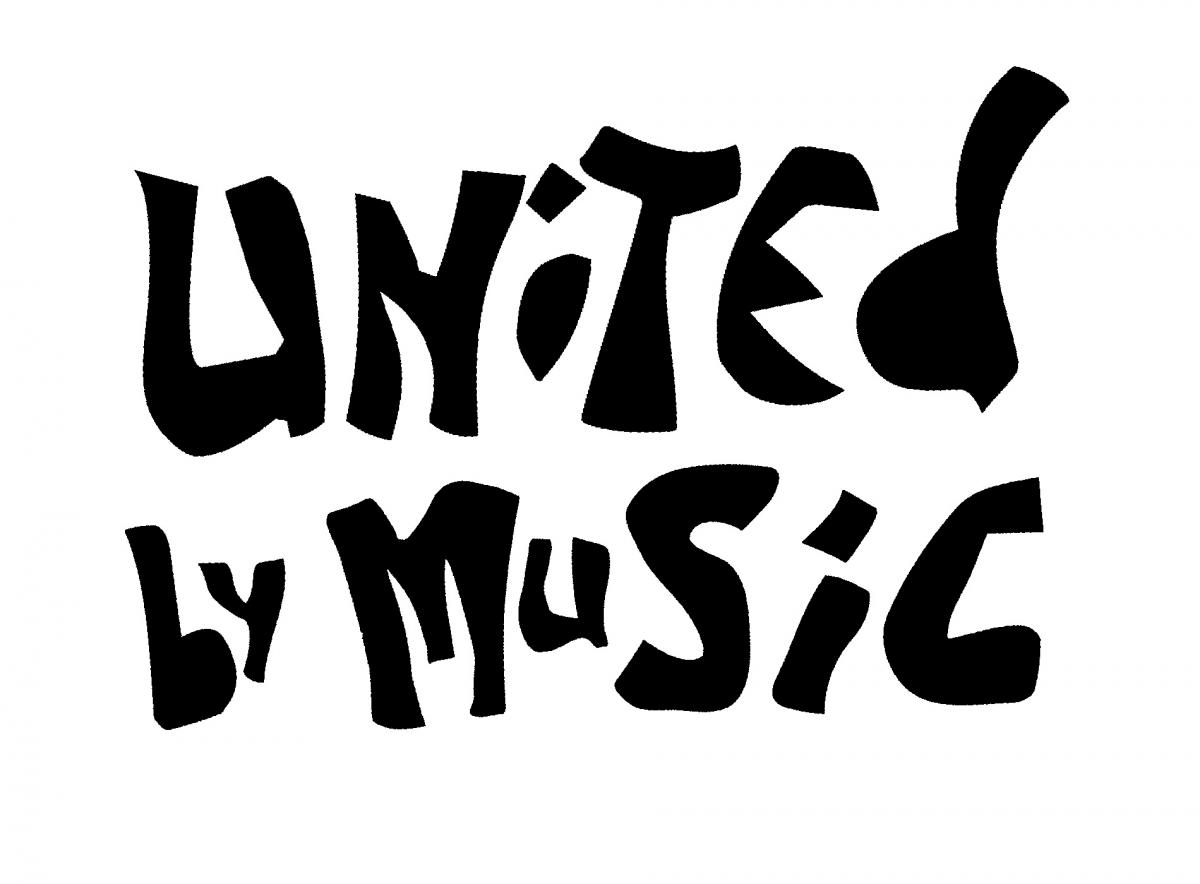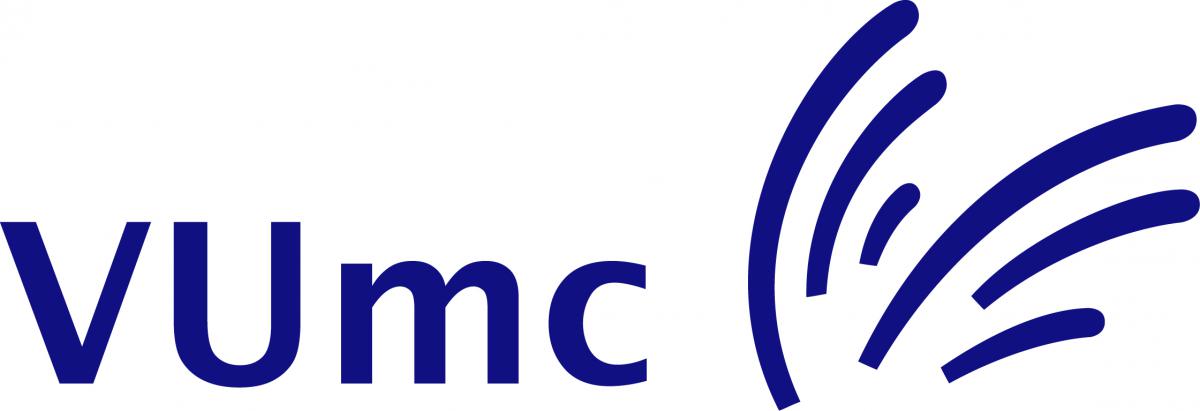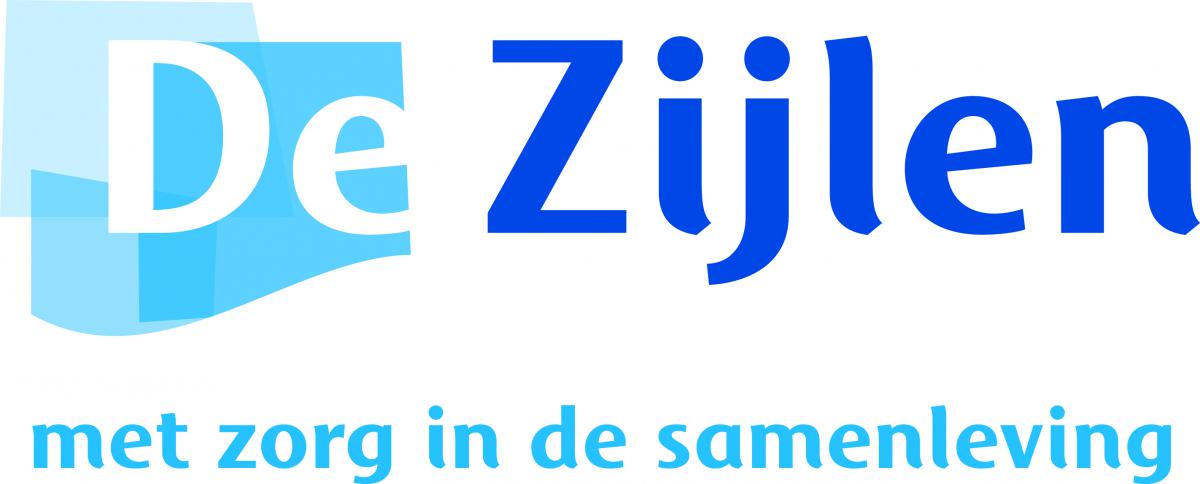Amsterdam is one of the greatest small cities in the world. The Dutch capital, a renowned cultural, scientific and commercial center, has always been a well-known name in world history and played a central role in the history of the Netherlands. Amsterdam has always been characterized by its open mind and flexibility. It cherishes a long tradition of unrestricted exchange of ideas. The city is also known for its tolerance and diversity. The Dutch are multilingual, and will welcome you warmly.
Even though Amsterdam has all the advantages of a big city: rich culture, lively Amsterdam nightlife, international restaurants and good transport - it is also informal, quiet, and has little road traffic. It is well-known for its architecture and design, not only because of 17th century rings of canals; modern architecture developed organically between facades of historical buildings.
Tourist attractions
Amsterdam has a dazzling array of cultural attractions with something for everyone. No other European city can rival Amsterdam’s 7.000 historic buildings, some of which date back to the 14th century. The well-known symmetrical rings of canals with over 1.000 bridges summon up visions of Holland’s Golden Age. The 17th-century canals of Amsterdam and the 19–20th century Defence Line of Amsterdam are on the UNESCO World Heritage List.
Amsterdams main attractions include many musea: the Rijksmuseum, Van Gogh Museum, Stedelijk Museum, the Hermitage Amsterdam, Anne Frank House and many more. The red-light district, and its many cannabis coffee shops, is also famous. The city is also the home of the internationally acclaimed Royal Concertgebouw Orchestra, the Dutch National Ballet and the Dutch Opera.
Canal cruises are a popular way to see the city from the perspective of its canals. The tour boat "MS de Jordaan" is fully accessible for people in a wheelchair.
For an authentic local experience, rent a bike and cycle your way around.
Virtually all points of interest are well within walking distance.
You’re advised to go to one of the Visitor Information Centers for more information about Amsterdam or the rest of the Netherlands.
Tourist information Amsterdam (official portal website)
Visitor Information Centers
Amsterdam has several Visitor Information Centers:
Visitor Information Center Central Station
Noord-Zuid Hollands Koffiehuis, Stationsplein 10 (across from Central Station)
Tel: +31 (0)20 702 6000
Visitor Information Center Schiphol Airport
Schiphol Airport, Arrivals 2 at Schiphol Plaza
Tel: +31 (0)20 702 6000
Visitor Information Center Leidseplein
Leidseplein 26, 1017 PT Amsterdam
Tel: +31 (0)20 702 6000
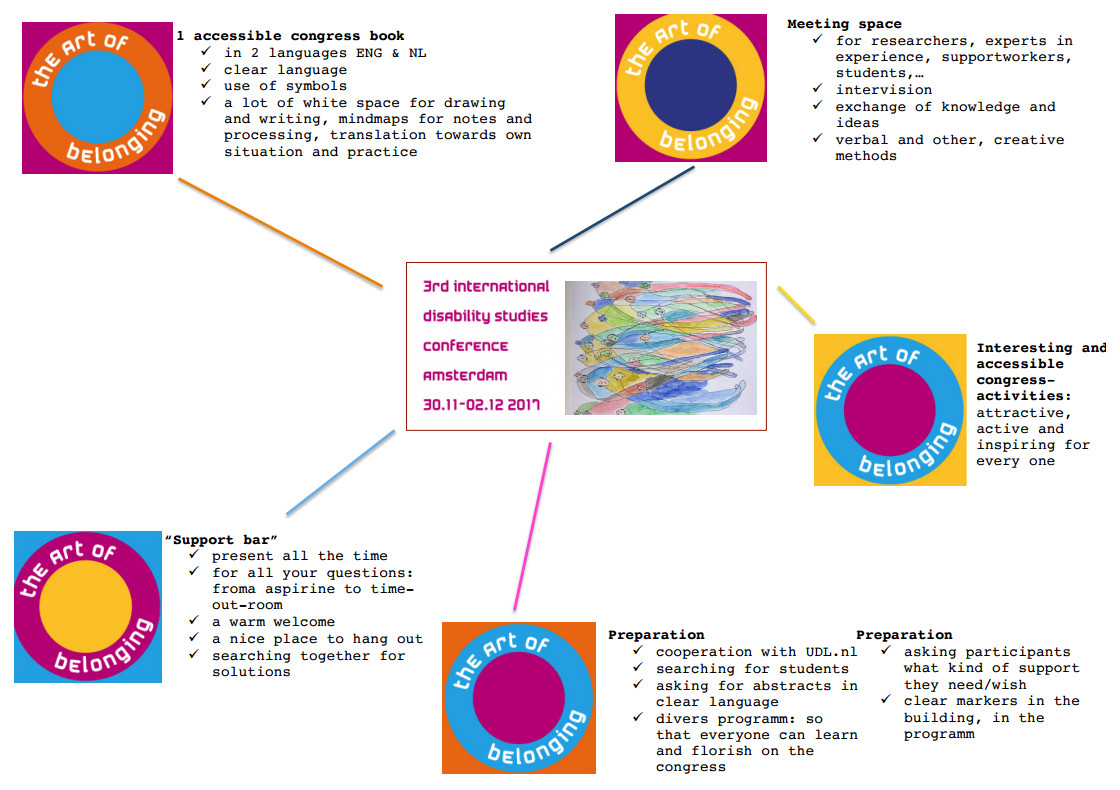
Hotel Casa is fully accessible for wheelchair users.
Information on accessibility in Amsterdam (in Dutch).
Language
The conference language is English. Interpreting services are available in Dutch Sign Language (NGT) and speech to text writers / captioning services in English. If you need other interpreting services you will need to bring your own interpreter. If this is the case, please inform the organizers.
People who don’t speak English, can count on our translators and whisper interprets. There are workshops in clear language and creative workshops inspiring people to learn by different means than verbal language.
The congressbook in two languages gives overview and invites to write and to draw on your impressions and experience on our congress.
Accessible presentations
All presenters are encouraged to make their presentations as accessible as possible.
Accessibility guidelines for presentations
Support bar
The support bar facilitates support in a way that everyone feels welcome to ask for it. We have, amongst others, resting places and guidance assistants.
If you want to rest during the conference or need a breakout room (time out room) please contact the support bar. You can also contact the support bar for all other kind of support questions.
We try our best to make this congress as accessible as possible. However, chances are that we forgot some minor things. What works for one person, might not necessarily work for everyone. We will need to help and support each other in order to give everyone the opportunity to learn. All of this in order to meet new people, come to new ideas and insights and inspire each other.
Cultural program
At this conference we will not only use words and verbal information. We will also surprise you with knowledge and ideas through film, music, performance, art and poetry. No sitting and listening the whole day! In this congress all senses will be challenged.
United by Music
Music, life performance
United by Music will be singing the blues on our congress!! The story is about how blues and gospel music inspired African Americans when they had no rights and no freedom, to transcend their crippling sorrow and pain. United by Music departs form the statement: all people are created equal and as such, should be given equal opportunities. People with intellectual disabilities often do not get those opportunities. It is maddening to have a dream to perform on stage, only to be told that your disability makes you unacceptable, or unprofessional as a band member. United by Music gives people the chance to prove what they can do as musicians, dancers, artists and singers.
Documentary: Michel. An actor loses words
A film by Irma Wijsman and Patrick Minks
With Michel van Dousselaere
An idea of Irma Wijsman
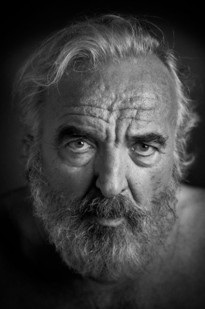
Michel van Dousselaere (Gent, 1948) is an actor. In 2014 they discovered a rare form of progressive aphasia, a brain disorder that affects the speech centre. In the documentary Michel we see how he copes with losing his words and therefore his ability to practice his yearlong profession.
Together with his wife Irma Wijsman he searches for new ways to express himself, to stay on point and to say goodbye in an impressive way to his life as an actor.
His farewell part in the theatre play Borgen; the medical appointments in the Alzheimer centre; boxing to drumming lessons; reactions from friends and colleagues who are trying to imagine how it must be to have words in your head but are unable to let them out.
We see the first years after the diagnoses, and we see how language determines our identity and what it means to redefine and rediscover your own self.
The film shows two strong people who with much love and sadness together with humour take back charge of their own life after such a dramatic turn.
Saturday December 2nd a 30 minute preview (English subtitles) will be shown at the 3rd International Disability Studies Conference ‘The Art of Belonging”.
Monday December 11th, the film will go in première nationwide.
Robin Hood, Brother Tuck , back to the woods?
Theatre, life performance
by Jan Troost & Jeroen Zwart
Jan Troost is a Dutch activist, who believes in the power of creativity and humour in the fight against ableism and discrimination of people with disabilities. With his movement 'Terug naar de bossen' ('Back to the woods') Troost showes his critical vision on how society excludes people and creates non-inclusive non-interesting places for people with disabilities.
On our congress we create a small forest in which Jan Troost will play hide and seek with the publicum raising the question: “Where do you belong?”.
Margriet van Kampenhout
Theatre, life performance
There is a lot to study about the Art of Belonging. And also much to tell, as Margriet van Kampenhout is going to do. In her 20 minutes’ presentation, she will highlight some memorable initiatives, people take to make themselves and others feel and be respected members of their community. To achieve that, all they do is dare to be and to express their true selves.
Margriet feels honoured to pass these creative and caring examples on to you today. Besides speaking about those, she will also go into some recognizingly painful situations in which the right intentions appear to generate the opposite outcomes than building the bridge. In those cases, people get the feeling that they themselves or others don’t or should not belong.
Margriet will always link these mismatches between intentions and effects to her message that, however unfortunate an action may turn out, it should never be able to exclude the person from the community that is the most essential of all: ‘human mankind’. As Margriet herself says: "Because in an inclusive society belonging is, and should be looked upon as, an unconditional and integral part of being present."
Without ridiculing, Margriet will do anything (out-of-the-box or even slightly over the edge) to underpin her conviction that the pure fact of existing makes people belong. She sincerely hopes that her stories of all these beautiful Arts of Belonging, by all these ‘ordinary people’, will invite you to keep on looking for them in your own community as well. Margriet: “Because wouldn’t it be promising that we can enhance togetherness by gathering narratives about all the different Arts of Belonging?”
Margriet's Dinnerstory (slightly shortened) at the DSiN congress The Art of Belonging has been edited and subtitled. Have fun watching on youtube: https://bit.ly/I-am-so-I-belong
Drawing lab
By Sofie Sergeant
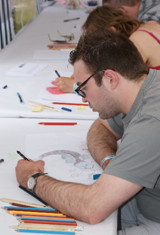
The drawing lab is a research method by Sofie Sergeant and was described in the book ‘Disability Studies in de Lage Landen’, available on this congress.
At the congress, we have created a drawing lab, in which we invite people to draw.
The drawing lab assistants can be recognized by their lab-apron. The lab guests will be guided through stage 1 through 6 in a prior determined pattern.
But that is all the information we will give away for now…
Artist Saar De Buysere will be present on Friday and available to assist lab guests to bring their ideas to live.
Saar De Buysere
Saar De Buysere is a Belgian artist, who integrates everyday objects like sand, flowers, newspapers, coffee or salt into her sculptures and drawings. Her dreamy and nature-inspired mountain views and landscapes can be examined as social, economic, touristic and geological phenomenons. De Buysere created ‘a mixed forest’ for DSiN on which the Dutch cartoonist René Krewinkel drew his cartoons. The trees and the cartoons can be seen on the DSiN website and will be part of the exhibition in Hotel CASA during and after the congress.
Fee (€) Early Regular Late
Participant 255 295 325
Student 155 185 210
IASSIDD member 155 155 155
- Pre-conference workshops: 75 euro
- Conference diner (December 1, 2017): 50 euro
Important dates
Deadline early registration fee: October 2, 2017
Regular fee: October 3 - November 3, 2017
Late fee: November 4,2017 and later
Preconference workshops: November 30, 2017
Conference: November 30 - December 2, 2017
Registration fees include:
- Admission to all meeting sessions
- Coffee, tea and lunch during the breaks
- Welcome reception
- Program book
Student registration
Your registration for the student fee is final when we received a copy of your student card or a statement of the head of your department by e-mail to events@vumc.nl.
IASSID registration
IASSIDD member registration is only for registered IASSIDD members.
Passports and visa
All visitors travelling to the Netherlands must be in possession of a valid passport. Participants should check with their local travel agents whether they require an entry visa for the Netherlands.
Transportation
N.B. See for travel information the tab 'Practical Information'.
Amsterdam is a very compact city where your destination will usually not be at a great distance. The city is therefore ideal for getting around by foot, bicycle or public transport. Cars are less suited for getting around in Amsterdam because the city can be considered as car-unfriendly. Parking has to be paid for in almost the entire city and the rates can be substantial.
Public transport
Amsterdam has a very dense public transport system and tram, metro or bus stops are usually around the corner. Public transport in Amsterdam - buses, tram and metro - is most efficient, modern and reliable. Trams, buses and taxis move rapidly, even during rush hours, thanks to separate traffic lanes.
Please note that the metro is accessible for wheelchairs, but not all trams and busses are!
Public transport in Amsterdam (GVB)
Public transport chip card ('OV chipkaart')
In Amsterdam and throughout the Netherlands, the public transport chip card (OV-chipkaart) is used for travel on trams, buses, metros and trains. There are two types of public transport chip cards: 1) Anonymous OV chip cards, and 2) Personal OV chip cards. Both type of cards are rechargeable. Personal cards require a passport-style photo.
The official OV-chipkaart website offers helpful advice in English, from checking in and out and transfers to public transport companies. Information about how to charge your card with credits is in Dutch. To see the public transport chip card in action, as well as a demonstration of pre-loading credit, watch this handy (unofficial) video tutorial.
More information about the OV chip card
Note that you always have to check in and check out with your card!
Make sure you always have enough credit on your card when travelling!
Cycling
Cycling is the most used form of daily transport in the Netherlands. Riding a bike is convenient and cheap. Throughout the city of Amsterdam, and actually all over the country, there are separate bicycle lanes. You can rent a bike at the Central Train Station or at several local rent-a-bike companies.
Bikes are not allowed on Dutch busses and trams. They are allowed on Dutch trains, but if you want to take your bike in the train, you need to buy a special bike ticket before boarding.
Walking
You can find city maps on the internet (e.g. Google Maps). You can also get them at a Visitor Information Center or at your hotel.
Driving
In the Netherlands you drive on the right side of the road. Trams, busses and cyclists have priority. You are obliged to carry your driving license and car insurance card with you. It’s prohibited to use your cell phone while driving, unless you use a hands-free set.
Taxi
Amsterdam has many taxi companies. You can find them on the internet, or by calling the Yellow Pages: 0900-8008. The reception of your hotel might also be able to help you. To order taxis for disabled people we would like to direct you to the registration desk.
Emergency contacts
European Emergency Number: 112
Disabled people can use Real-time text to contact 112.
The European Emergency Number 112 is the only emergency number in the Netherlands. By dialing 112 you can get into contact with the police, fire brigade or ambulance (first you get connected to an operator). Operators can be expected to speak Dutch, English and German. 112 calls from mobile phones in the Netherlands are possible even if there is no SIM card or your prepaid phone card ran out of money. Only dial 112 for serious or life threatening accidents.
Police (non-emergency): 0900-8844 (If you want to contact the police, but it’s not an emergency).
Tourist Medical Service Amsterdam: 020-5923355
The Tourist Medical Service Amsterdam provides accessible medical care for guests in Amsterdam.
Whether it’s lost or forgotten medication or more acute medical care: qualified doctors of the TMS are stand by 24 hours a day. Website: http://touristdoctor.nl/
Animal ambulance: 0900-0245
Dutch people care about animals. If you see anything happening to an animal, like a caraccident, please call the Animal Ambulance service in the Netherlands.
Climate
The Netherlands share the temperate maritime climate common to much of Northern and Western Europe. An umbrella or rain coat for showers is useful in autumn.
Currency and banking
The currency in the Netherlands is the Euro. In general, all major credit cards are accepted for payment in hotels, restaurants and shops. Most banks in Amsterdam are open from 9.00 to 17.00 hours (Monday to Friday). Cash machines can be found at banks, post offices, supermarkets, airports and along the street.
Electricity
The voltage in The Netherlands is 220-240 Volts. USA, English and some other foreign appliances require an adapter for the voltage as well as an adapter for the plug. Please bring your own adapter as there are no adapters available at the congress venue.
Insurance
Participants are advised to arrange adequate travel, health and other insurance before they leave their home country.
Medical care
Visitors who have medical insurance through a health plan in their home country are entitled to medical care in The Netherlands in accordance with the stipulations of the Dutch Health Insurance Act, providing that:
• they come from a country with which The Netherlands has international agreements regarding health care;
• treatment cannot be postponed until return to the home country;
• a copy of an international insurance document can be submitted to the doctor, dispensing chemist, hospital, etc.
Visitors from countries with whom The Netherlands has no international agreements are advised to purchase travel insurance in their home countries. For more information, contact your Health Service.
Mobile telephony
There are several mobile phone providers in the Netherlands, for example KPN, T-Mobile or Vodafone.
Using your mobile phone while driving is illegal, unless you use a hands free set.
Opening hours shops
In the city center most shops are open 7 days a week.
Opening hours: 09.30 until 18.00 hrs (Monday to Saturday); 12.00-17.00 hrs. (Sunday in the city center only). On Thursday evening shops are open until 21.00 hrs.
Safety
Crime levels are low in Amsterdam. However, we strongly advise you to watch out for cunning pickpockets, especially when on the train from and to Schiphol Airport, on crowded trams, buses or metros and while watching street performers.
Time zone
The Netherlands and Amsterdam are in the Central European Time Zone, one hour ahead of GMT.
Tipping
Service is always included. However, it is customary to tip in restaurants, bars and when paying for taxi’s. As a general rule tipping between 5-10% should be adequate.
Navigating the art of belonging, my convoluted journey
Keynote: Charlotte V. McClain-Nhlapo
Co-speaker: J. Wesemann
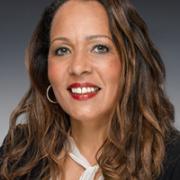
Charlotte V. McClain-Nhlapo is Global Disability Advisor for the World Bank Group and a global thought leader on disability rights and inclusion. She served as USAID’s coordinator for disability and inclusive development, appointed by U.S. President Barak Obama in 2011 to lead the government’s efforts in disability inclusive development, from developing policies and country strategies to technical assistance for program implementation. Prior to this, she worked as a senior operations officer at the Bank to integrate disability inclusive development into operations in the East Asia Pacific and Africa regions and was appointed by President Nelson Mandela to the South African Human Rights Commission focusing on social and economic rights, disability rights and child rights.
Chronicles of belonging: multi-media stories of 'autism' and 'inclusion'
Keynote: Katherine Runswick-Cole
Co-speakers: Alex Naber and Ans van Berkum
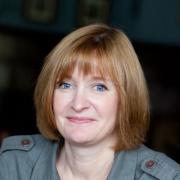
Katherine Runswick-Cole is a highly influential and well-regarded academic in the field of Critical Disability Studies. She is a Senior Research Fellow in Disability Studies and Psychology at the Research Institute for Health and Social Change at Manchester Metropolitan University. As a mother of two young adults, one of whom has been labelled with a learning disability, Katherine's research has mainly focused on the lives of disabled children and their families and draws on a critical disability studies perspective.
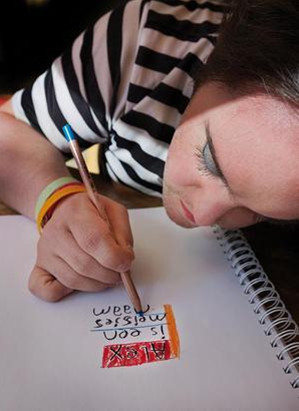
Alex Naber is a Dutch artist with Down syndrome. Alex paints, writes, dances and plays in films and theatre productions. The main theme in his work is 'the woman'.
Ans van Berkum wrote a book about Alex and his art.
Suppose it will be normal to be different
Keynote: Trudy Dehue
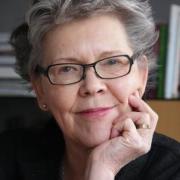
Trudy Dehue first graduated in Psychology and next also in Philosophy. She gained her PhD thesis on historical changes in the meaning of the concept of ‘science’. From 1995 until her obligatory retirement because of age she worked as a full professor at the University of Groningen. Her most acclaimed publication is entitled: 'De depressie-epidemie. Over de plicht het lot in eigen hand te nemen' [The depression epidemic. On the duty to manage one's destiny]. In this book, Dehue studies the changing meaning of the notion of ‘depression’ and its individual as well as social consequences. It won the Eureka prize and was named by NRC newspaper as one of the 10 best international non-fiction books of the first decade of this century. Trudy is currently a sought after speaker in and outside the academic field.
The first and second decades of the CRPD
Keynote: Michael Stein
Co-speaker: D. Houtzager
Michael Stein is an internationally acclaimed expert on disability law and policy and holds a J.D. from Harvard Law School and a Ph.D. from Cambridge University. He is the Co-founder and Executive Director of the Harvard Law School Project on Disability, as well as Extraordinary Professor, University of Pretoria Faculty of Law, Centre for Human Rights. Stein participated in the drafting of the United Nations Convention on the Rights of Persons with Disabilities, works with disabled persons organizations around the world, actively consults with international governments on their disability laws and policies, and advises a number of United Nations bodies.
The Art of Belonging: the Conference itself as a site for participatory research
Keynote: Geert van Hove
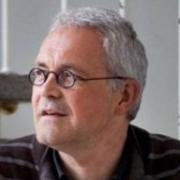
Prof. dr. Geert van Hove has been professor in Disability Studies and ‘Inclusief Onderwijs’ (Inclusive Education) at the University of Ghent, department of Special Education since 1993. In the 80’s he started several projects, as one of the first researchers in Belgium, for people with intellectual disabilities. Since 2013, he is appointed as professor by special appointment in Disability Studies, at the VUmc Department of Medical Humanities and within the EMGO+ Institute in Amsterdam. His work specifically focuses on linking practice and academia within the field of Disability Studies.
MINI KEYNOTES - Friday, Dec 1 at 10.45
Each of the six tracks in the program starts at the same time (Friday, Dec 1 at 10.45) with a 15 minute 'mini-keynote' by a leading person who will give a broader overview of that specific topic as a 'kick-off'.
1. Representation & Stigma
Speaker: Wim van Brakel
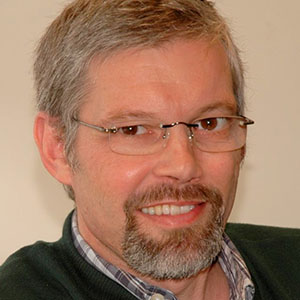
Wim van Brakel is head of the Technical Department of the Netherlands Leprosy Relief. His specialism is the inclusion of people with disabilities in developing countries.
2. Belonging & Context
Speaker: Patrick Devlieger
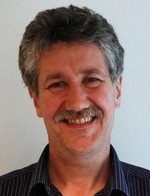
Patrick Devlieger is Professor at Leuven University, Faculty of Social Sciences.
3. Disability History & Rights
Speaker: Pieter Verstraete
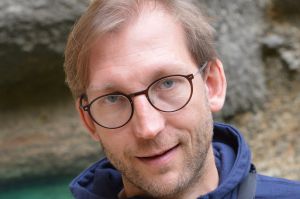
Pieter Verstraete is Professor at Leuven University, History of Education, Faculty of Psychology and Educational Sciences
4. Inclusive & Creative Methods
Speaker: Edurne Garcia Iriarte
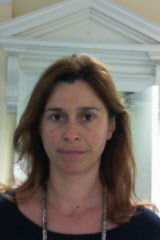
Edurne Garcia Iriarta is Assistant Professor and Director of the M.Sc. in Disability Studies, School of Social Work and Social Policy, Trinity College Dublin.
5. Inclusive Education & Work
Speaker: Tobias Büchner
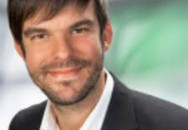
Tobias Büchner is researcher at the University of Vienna, Austria.
6. (Family) Quality of Life
Speaker: Alice Schippers
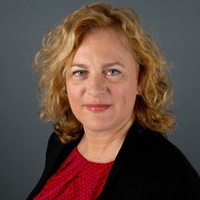
Alice Schippers is Executive Director Disability Studies in Nederland and senior coödinating researcher Disability Studies, Department of Medical Humanities, VU University medical centre Amsterdam
Badges
Upon registration you will receive a personal badge and delegate information. You are kindly requested to wear this badge at all times during the conference. Access to all sessions and the complimentary coffee, tea and lunch will only be provided to participants wearing their badge.
Evaluation form
An evaluation form is included in the conference satchel. You are kindly requested to complete this form and to deposit it at the general registration desk upon departure.
First aid
If any participant requires first aid, please contact the main registration desk.
Internet
Hotel Casa has free WIFI high-speed internet at your disposal all through the hotel.
Language
The conference language is English. Some lectures or workshops will be held in Dutch. Interpreting services are available in Dutch Sign Language (NGT) and speech to text writers / captioning services in English. If you need other interpreting services you will need to bring your own interpreter. If this is the case, please inform the organizers and at the conference the supportbar.
Lost property
Enquiries regarding items lost or found can be made at the registration desk or at the main reception desk of Hotel Casa.
Mobile phones
Please note: Mobile phones must be switched off during presentations and performances.
Photos, videos or recordings
The conference will be attended by photographers and other press members. If you don’t appreciate pictures, recordings or reports, please contact the conference office.
Smoking
In all public areas, smoking is prohibited by law. Smoking is only permitted in a few designated areas or outside.
Before the conference starts, we offer 3 pre-conference workshops:
- Included in training and work: Transforming policies and practices for disabled people (UWV / Lorentz workshop)- November 29, 2017
- Inclusive research: practices and beyond (IASSIDD Academy workshop) - November 30, 2017
- Living with autism (IASSIDD Academy workshop) - November 30, 2017
1. Included in training and work: Transforming policies and practices for disabled people
Presentation of the Lorentz Center workshop report ‘Included in Training and Work’.
This pre-conference workshop is part of the DSiN-UWV educational program (Dutch: scholingsprogramma DSiN-UWV).
Date: November 29, 2017
Time:14:30 - 17:30 h.
Fee:This pre-conference workshop is free of charge.
Registration:
Register directly for the whole conference
Register directly for this Lorentz Center pre-conference workshop only: Dutch registration form. You can also sign up by sending an email to Marianne Dijkshoorn: scholingsprogramma@disabilitystudies.nl.
If you have already signed up for the workshop but cannot attend, please let us know by sending an email to Marianne Dijkshoorn: scholingsprogramma@disabilitystudies.nl.
During this workshop the participants of the Lorentz workshop will present their report 'Included in Training and Work: Transforming Policies and Practices for Disabled People'. This report is a call to action that asks professionals to recognise and change policies and practices that currently form barriers for disabled people in vocational education and employment. We began with international collaborative research, which was then further debated and finalised during the Lorentz Center workshop of the same name in August 2017. The resulting report zooms in on key issues, such as skill-matching, supported choice-making, applying Universal Design in education and work, addressing bullying in adult education and workplaces, fostering inclusion, and preventing disability discrimination. The report has been developed with extensive participation by disabled people who have become experts in their own right. We will present key findings and make recommendations. Also, there will be time to debate these recommendations, and to discuss the steps that could be taken by organisations like the UWV to implement them.
Program
| 14.30 – 15.00 h. |
Reception with coffee/tea and cake |
| 15.00 – 15.10 | Introduction by day chairperson Sofie Sergeant |
| 15.10 – 15.35 | Presentation of the report: ‘Included in Training and Work’ by Mitzi Waltz |
| 15.35 – 16.00 | Discussion of four key themes:
|
| 16.00 – 16.20 | Interactive discussion: ‘And after this report, how do we meet the challenge?’ |
| 16.20 – 16.30 | Closing remarks by Sofie Sergeant |
| 16:30 – 17.00 | Wine and cheese party, and time for informal discussions |
2. Inclusive research: practices and beyond
IASSIDD Academy pre-conference workshop
Date:November 30, 2017
Time: 12:30 - 16:30 h. (lunch included, from 11:30 till 12:30 )
Registration:
Register directly for the whole conference
Register directly for the IASSIDD pre-conference workshop only
See the tab 'Registration' for more information.
IASSIDD presenters: Tobias Büchner, Edurne Garcia Iriarte, Mei-Lin Yap, Margaret Turley, Fionn Angus
Moderator: Alice Schippers
Inclusive research can be characterized as democratization of research processes and as such an act of social justice as well. Inclusive research represents people outside the academia as producers of knowledge. As such, it provides a backbone for conducting research in the field of disability studies, that puts people with disabilities and their allies in an active research role. In this workshop we will engage participants in this ongoing way of opening up valuable knowledge.
The workshop will be facilitated by a group of researchers actively engaged in inclusive research from various European countries.
At the workshop, participants will review current debates on inclusive resarch (e.g., training, dissemination of research). Workshop participants will work on real examples to discuss various methodological approaches to inclusive research.
3. Living with autism
IASSIDD Academy pre-conference workshop
Date:November 30, 2017
Time: 12:30 - 16:30 h. (lunch included, from 11:30 till 12:30 )
Registration:
Register directly for the whole conference
Register directly for the IASSIDD pre-conference workshop only
See the tab 'Registration' for more information.
IASSIDD presenter: Mitzi Waltz
co presenter: Damian Milton
Moderator: Mitzi Waltz
Autistic people experience barriers to inclusion, participation and belonging in all sectors of life, including education, work, housing, and community life. Sometimes these barriers are physical, such as flickering Web interfaces and fluorescent lights that can prevent use of services or spaces, or trigger seizures. Sometimes they are procedural, for example the use of confusing multi-part instructions, or expectations that everyone can perform social interaction in the same way. Often they are social, with normative beliefs and behaviours placing obstacles in the way of understanding and belonging. Most work in the field of autism has focused on changing autistic people rather than dismantling these barriers.
In our workshop, we will address how the focus can be shifted. We will also discuss practical ways to make places, services and communication more accessible for autistic people, and what policymakers can do to ensure inclusion.
Address
Hotel Casa
Eerste Ringdijkstraat 4
1097 BC Amsterdam
The Netherlands
Route information at the website of Hotel Casa.
Hotel Casa is close to Schiphol International Airport and the city center. There are excellent rail, tram and bus connections between Hotel Casa and the airport. Information on wheelchair accessibility of the Amsterdam public transport and accommodation you can find on the website of Cliëntenbelang Amsterdam.
Transportation
Amsterdam is a very compact city where your destination will usually not be at a great distance. The city is therefore ideal for getting around by foot, bicycle or public transport. Amsterdam has a very dense public transport system and tram, metro or bus stops are usually around the corner.
Hotel Casa is very near to the Amstel Station, from where you can take buses, trams, metro's and trains to the city center and other places. You may also buy your OV-chipcard there.
Cars are less suited for getting around in Amsterdam because the city is rather car-unfriendly.
Travel planning
Route information at the website of Hotel Casa
9292OV - Public transportation planning
Routeplanner - ANWB (in Dutch)
Parking
Indoor car parking is available at Hotel Casa.
-- This part of the website is only for archival purpose and no longer up-to-date. --
THANKS TO ALL PARTICIPANTS!
We are very grateful for your participation at our conference!
We really enjoyed sharing together a colourful palette of paper and poster presentations, visual and performing arts, storytelling, active workshops and in-depth academic lectures. The drawing lab ran at full speed, there was time for excitement and there was time to relax. We enjoyed good food and drinks and most of all we enjoyed the opportunities to renew friendships and make new friends.
We want to thank you and all of you who supported us. We received many reactions, quotes and pictures on social media: #theartofbelonging2017
PICTURES
Please, find HERE an impression of our three-day conference (Google Photos). Another selection can be found on Facebook.
A selection of photos of the presentations can be found here.
SLIDES SPEAKERS
The speakers offer you the opportunity to view a PDF version of their slides. Almost 90! slides can be downloaded on the disability studies website.
IMPRESSION MOVIE
Please, find HERE an impression movie (subtitles in English) with interviews of Dutch and international participants, keynote speakers & visitors filmed during the conference by Kennisplein Gehandicaptensector.
DINNERSTORY - I AM SO I BELONG
The impressive performance of Margriet van Kampenhout during the conference dinner has been filmed (in English with dutch subtitles) and can be watched on YOU TUBE. In her 20 minutes dinner story Margriet highlighted some memorable initiatives people take to make themselves and others feel and be respected members of their community.
ABSTRACTBOOK
Curious to learn more about the sessions you could not attend? Take a look at the book of abstracts! Download the book of abstracts HERE
CERTIFICATE
If you're interested in receiving a digital certificate "Attendance 3rd Disability Studies International Conference The Art of Belonging", Please contact: events@vumc.nl
EVALUATION
The Organising Committee would appreciate to have your opinion about the 3rd International Disability Studies Conference 'The Art of Belonging'. The information will be used to design and improve future conferences! Click HERE for the evaluation form.
Through your great efforts, the conference became a real place of BELONGING for everyone!
On behalf of the Disability Studies in Nederland team
Alice P. Schippers
Executive Director Disability Studies in Nederland
THE ART OF BELONGING
Everyone matters. Everyone should feel welcome.
'The art of belonging' is an ongoing theme for Disability Studies. It is every person’s right to belong, but belonging is much more than a right. It is a topic that is open to individual perspectives as well as to the exchange between personal and public perspectives. In a world that is increasingly divided along different lines, varying from socio-economic to bodily differences, the ‘art of belonging’ is of utmost importance. How and why do people practice the art of belonging in different places of the world, how are these practices informed by the past and which practices are future-proof?
We will in particular focus on the way belonging, commonality and/or partnership is enabled by disability and people with disabilities and how disability in these cases intersects with other categories like gender, race and class. Moreover, we will discuss the difficulties of the art of belonging: how to deal with different forms of inequality, exclusion and stigma?
Our conference will bring together scholars from different disciplines, engaged citizens and artists to discuss these questions and exchange ideas and practices. We expect disciplines as diverse as architecture, arts, psychology, political theory, economy, gender and minority studies, public health, theology and history. People with and without disabilities and their allies will participate.
Having ‘the right to belong’ is not enough. We need room for belonging, also on our congress. DSiN wants to create a welcoming space within Hotel Casa with creative and inspiring workshops, with knowledge through text, image, voice, music, danse, film and meeting.
Accessibility
Our conference wants to be very accessible. Therefore we have several plans: see the tab 'Accessibility' for more information.
The conference language is English. Interpreting services are available in Dutch Sign Language (NGT) and speech to text writers / captioning services in English.
Dutch participants who find it difficult to understand English, can make use of translators.
YouTube video about our conference
Sofie Sergeant explains in this YouTube video what our conference is all about.
The theme of the 3rd International Disability Studies Conference is: 'The Art of Belonging'.
'The art of belonging' is an ongoing theme for Disability Studies and as such the 2017 Conference theme is the same as the 2013 theme. This theme relates to the mission and vision of Disability Studies in the Netherlands (DSiN). DSiN wants to contribute to, amongst others, an inclusive and welcoming society and participation of people with disabilities in all areas of life, with their talents, skills and experiential knowledge used as optimal as possible and wanted by themselves.
The art of belonging traverses the tensions between disability experience, the art of living and belonging.
It is every person’s right to belong, but belonging is much more than a right. It is something people have to learn and develop throughout life, through their personal experiences and social participation. It is about individuals with disabilities finding their places in life, without compromising themselves for the purpose of ‘fitting in’ and nondisabled people finding their places in the world of disability. Belonging is a state of mind, achieved through ongoing activity, where shared spaces of interest and excitement are not only accessed, but also negotiated, and ultimately occupied. More than just being ‘at home,’ belonging requires overt, and sometimes political, action.
Disability reflects the exchanges and collisions between personal and social worlds. The task of knowing how to be at home in both these worlds can be a daunting one.
The art of belonging can be addressed from a personal, institutional, societal or political perspective. It can be addressed scientifically and non-scientifically.
Keywords
The following, not limitative, keywords are applicable to the theme:
Collaborative and creative research, data collection, identity, technology, choice, ecology, social media, rights, ableism, friendship, stigma, transition and reciprocity.
Conference secretariat and registration:
VU University Medical Center
VUmc Academy
Attn. Ms. E. Davies, Ms. P. van Meekeren and Ms. C. Holwerda-Sluis
P.O. Box 7057
1007 MB Amsterdam
The Netherlands
Tel: +31 (0)20 44 48444
Email: events@vumc.nl
Program:
Disability Studies in the Netherlands
info@disabilitystudies.nl
Tel.: +31 (0)6-19933345 (Gerda van Wees)
Het 3e Disability Studies Internationale Congres The Art of Belonging zit er op!
We genoten ontzettend van het kleurrijk palet waaruit we konden kiezen: lezingen, theater, muziek, dans, kunst, verhalen, actieve workshops en verdiepende academische uiteenzettingen. Het tekenlab draaide op volle toeren, er was ruimte voor reuring en rust. Er was lekker eten en drinken en bovenal kansen voor ontmoetingen met oude en nieuwe vrienden! Van alle ervaringen en evaluaties is een online handleiding "inclusieve congressen" gemaakt.
We willen iedereen ontzettend bedanken voor jullie komst! Door jullie bijdrage werd het congres een echte plek voor BELONGING voor iedereen!
FOTO'S CONGRES
Klik HIER voor foto's van het congres. We hebben veel reactie, foto's en berichten ontvangen op social media: #theartofbelonging2017
IMPRESSIE FILM
Het video-team van Kennisplein Gehandicaptensector was één dag aanwezig op de conferentie van Disability Studies in Nederland 'The art of belonging.' Bekijk het filmpje voor een impressie van deze dag (NL versie). Er is ook een versie met Engelse ondertiteling.
FILM DINNERSTORY GELIJK -OVERSTEKEN
Tijdens het diner van het Disability Studies Congres #theartofbelonging2017 trad Margriet van Kampenhout op met haar indrukwekkende dinnerstory Gelijk-oversteken. Dit optreden is gefilmd en gemonteerd door Jan Troost en voorzien van zowel Engelse als Nederlandse ondertiteling. https://bit.ly/gelijk-oversteken
PRESENTATIES
Alle (bijna 90!) presentaties in PDF of PPT zijn op de website van DSIN te vinden.
CONGRESBOEK
In het congresboek vind je uitgebreidere informatie terug over de conferentie en alle presentaties.
CERTIFICAAT
Een digitaal certificaat van "The 3rd Disability Studies International Conference The Art of Belonging" kan aangevraagd worden. Belangstellig? Stuur een email naar: events@vumc.nl o.v.v. naam en titel congres.
EVALUATIE
De congres organisatie wil graag het 3rd International Disability Studies Conference 'The Art of Belonging' evalueren en is benieuwd naar jouw mening. De informatie wordt gebruikt om verbeteringen aan te brengen bij toekomstige congressen. Klik HIER voor het evaluatieformulier.
AANVULLENDE INFORMATIE
Het congres vond plaats van donderdag 30 november tot en met zaterdag 2 december 2017 in Amsterdam.
We brachten hiervoor onderzoekers, experts, ervaringsdeskundigen en studenten van over de hele wereld samen.
Het congres zoomt in op ‘The art of belonging’. We proberen deze Engelstalige titel hier in het Nederlands uit te leggen:
Disability Studies wil stem geven aan ervaringsgerichte verhalen. De persoonlijke ervaring wordt op de voorgrond geplaatst als tegengewicht voor het medisch verklarend denken dat vaak dominant is in de zorgsector. Disability Studies geeft mensen de kans om hun ervaring uit te drukken via het woord, het beeld, film, theater, muziek, ... Zo komen ook verhalen aan het licht die niet zouden opgenomen worden in traditioneel gestandaardiseerd onderzoek.
Het congres zoomt in op ‘The art of belonging’: iedereen doet ertoe en voelt zich welkom. De samenleving is een plek waar mensen, ongeacht hun beperking, worden erkend en waarin hun eigenheid en hun talenten gezien en gewaardeerd worden. Dit staat in tegenstelling tot de ongelijkwaardigheid, exclusie en stigma die we wereldwijd waarnemen.
We willen niet alleen 'vertellen' over erbij horen maar we willen doen wat we zeggen! Op ons congres zetten we ter plekke in op toegankelijkheid. Met een ondersteuningsbalie (support bar) organiseren we ondersteuning voor iedereen die dit wenst. We hebben fluistertolken, gebarentolken, schrijftolken, mensen die je de weg wijzen, plekken om tot rust te komen, ... Mensen die geen Engels praten kunnen rekenen op onze vertalers, fluistertolken. We hebben ook workshops in helder taalgebruik, en creatieve workshops die mensen uitnodigen tot anders leren dan met de verbale taal.
Voor meer uitleg over de toegankelijkheid van het congres: stuur een mailtje naar sofie.sergeant@disabilitystudies.nl.
Online registration has closed. You are welcome to register on site during the conference days. By on site registration, please note that payment can only be done by pin or creditcard.
Friday on site fee € 130,-
Saturday on site fee € 100,-
Preconference workshops: November 29 and November 30, 2017
Conference: November 30 - December 2, 2017
Fees
| Fee (€) | Early | Regular | Late |
|---|---|---|---|
| Participant | 255 | 295 | 325 |
| Student | 155 | 185 | 210 |
| IASSIDD member | 155 | 155 | 155 |
- Pre-conference workshop on November 29, 2017: free of charge
- Pre-conference workshops on November 30, 2017: € 75,-- (From 12:30 - 16:30 h., lunch included).
- Conference diner on December 1, 2017: € 50,--
It is possible to register for a pre-conference workshop only, without visiting the conference.
If you wish to attend the pre-conference workshop on November, 29 you can register by sending an email to Marianne Dijkshoorn: scholingsprogramma@disabilitystudies.nl. Persons who can understand Dutch, please use the Dutch registration form.
Conference registration fees include:
- Admission to all meeting sessions
- Coffee, tea and lunch during the breaks
- Welcome reception
- Program book
Student registration
Your registration for the student fee is final when we received a copy of your student card or a statement of the head of your department by e-mail to events@vumc.nl.
IASSID registration
IASSIDD member registration is only for registered IASSIDD members.
Secure online payment
We offer secure online payment through Triple Deal, a global operating payment service provider based in the Netherlands and specialised in online and offline payment services.
You can pay online by MasterCard, VisaCard or iDeal (only for Dutch participants).
Cancellation policy
All cancellations must be made in writing to VUmc Academy: events@vumc.nl
Cancellations received before August 30, 2017 - 70% of the fee will be refunded
Cancellations received from August 30 – October 30, 2017 - 30% of the fee will be refunded
Cancellations from October 30, 2017 will not receive a refund. However the registration may be transferred to another name at no cost. Any substitutions must be advised in writing to events@vumc.nl .
Venue
The conference will be held at the hotel and conference center Hotel Casa in Amsterdam.
Hotel Casa is close to Schiphol International Airport and the city center. There are excellent rail, tram and bus connections between Hotel Casa and the airport.
The hotel has modern conveniences, spacious, comfortable hotel rooms, a restaurant, a wine bar, conference rooms, an indoor garden, an underground car park and free Wi-Fi.
Hotel Casa is conveniently located within the ring road of Amsterdam in the Amstel district. You will have everything within reach: the public transport will take you to the heart of Amsterdam within 9 minutes, the Amsterdam Amstel station is a three-minute walk from the hotel and the ring road A10 can easily be reached.
The conference accommodation is accessible for disabled guests. Information on wheelchair accessibility of the Amsterdam public transport and accommodation you can find on the website of Cliëntenbelang Amsterdam.
Hotel rooms
Hotel Casa offers conference participants a double room for single use for the reduced rate of € 119,- per person per night, including breakfast and excluding 5% city tax (special conference rate).
Supplement for double use is € 12,50.
Booking hotel rooms at the special conference rate will be handled on a first come first serve basis.
Please book your hotel room via this link.
For questions regarding hotel reservations, please contact the hotel directly.
Address
Hotel Casa
Eerste Ringdijkstraat 4
1097 BC Amsterdam
The Netherlands
T: +31 (0)20 665 0414
W: hotelcasa.nl
On this website, you will also find the route description.
The conference is initiated and hosted by the foundation Disability Studies in the Netherlands (DSiN) and the Department of Metamedica/Medical Humanities, EMGO+ Institute for Health and Care Research, VU University Medical Center Amsterdam. The organisation is done bij DSiN and VUmc Academy. For questions regarding registration please contact VUmc Academy, email: events@vumc.nl, phone: +31 (0)20 44 48444 (see also the tab 'Contact').
Organising committee
Disability Studies in Nederland:
Gerda van Wees - sponsorship
Karin van den Bosch - website
Sofie Sergeant - inclusive stream, supportbar & cultural program
Irene van Helden - coördination, finance & communication
Noëlle van den Heuvel - project assistent
VUmc Academy - secretariat and registration:
Elin Davies
Patricia van Meekeren
Christel Holwerda - Sluis
Scientific committee
Garjan Sterk - SIT Study Abroad
Wim van Brakel - Netherlands Leprosy Relief
Paul van Trigt – Leiden University
Geert Van Hove - UGent & VUmc, department of Metamedica
Jacqueline Kool – Disability Studies in Nederland
Alice Schippers – Disability Studies in Nederland
Minne Bakker – VUmc, department of Metamedica
Disclaimer
The Local Organizing Committee and VUmc Academy accept no liability for personal injuries or loss of any nature whatsoever, or loss or damage to property either during or as a result of the meeting.
The official program and conference book of the 3rd Disability Studies International Conference are online!
The conference book includes all the keynotes, co-speakers, presentations, workshops, art program, introduction to the streams, conference dinner and general information.
Here you can find all downloads related to the Conference. Some downloads can also be found at the appropriate tabs.
UPDATE: The deadline for abstract submission has passed. It is not longer possible to submit an abstract.
Disability Studies in the Netherlands (DSiN) and VU University Medical Center Amsterdam invite you to submit your abstract for the 3rd International Disability Studies Conference ‘The Art of Belonging’.
The conference will take place in Amsterdam, The Netherlands from Thursday, November 30th to Saturday, December 2nd, 2017.
In a world that is increasingly divided along different lines, varying from socio-economic to bodily differences, the ‘art of belonging’ is of utmost importance. How and why do people practice the art of belonging in different places of the world, how are these practices informed by the past and which practices are future-proof? Our conference will bring together scholars from different disciplines, engaged citizens and artists to discuss these questions and exchange ideas and practices.
We will in particular focus on the way belonging, commonality and/or partnership is enabled by disability and people with disabilities and how disability in these cases intersects with other categories like gender, race and class. Moreover, we will discuss the difficulties of the art of belonging: how to deal with different forms of inequality, exclusion and stigma?
Applications are invited from experts with academic, professional and or experiential knowledge at any stage of their careers representing diverse disciplinary backgrounds and various geographical regions. Furthermore, presentations reflecting this variety are most welcome, either in the form of academic papers, posters and creative presentations. We especially encourage the presentation of work-in-progress.
The conference is initiated and hosted by the foundation Disability Studies in the Netherlands (DSiN) and the Department of Metamedica/Medical Humanities, EMGO+ Institute for Health and Care Research, VU University Medical Center Amsterdam.
Deadline
Deadline for submission of abstracts is April 30, 2017.
Instructions for submission
Abstracts of papers, posters or otherwise submitted for presentation at the International Disability Studies Conference 2017 should be send in the appropriate format (as a Word document) and meet the criteria as specified in the instructions for submission.
Instructions for the submission of your abstract can be found here, or at the (tab) Downloads.
Submission
Your proposal and a photo of the presenter(s) should be sent by e-mail to:
mariesol.reindl@disabilitystudies.nl
Should you need the make changes after submission, please sent an email to mariesol.reindl@disabilitystudies.nl as well.
The receipt of your proposal will be confirmed by e-mail.
Important dates
For planning purposes, please note the following:
Deadline abstract submission: April 30, 2017
Notification of abstract submission: July 1, 2017
Deadline early registration fee: October 2, 2017
Regular fee: October 3 - November 3, 2017
Late fee: November 4,2017 and later
Preconference workshops: November 29 and November 30, 2017
Conference: November 30 - December 2, 2017
